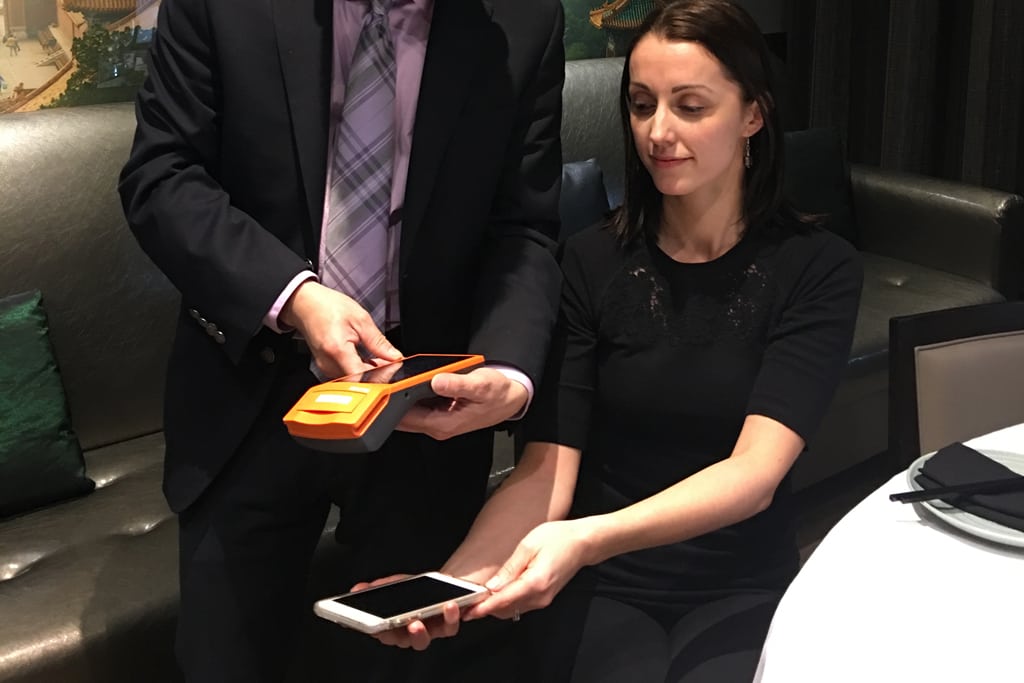Alipay Steps Up Push to Cater to Chinese Travelers in the U.S.

Skift Take
The phrase "cash is king" is fast becoming outdated as Chinese travelers popularize mobile payment methods like Alipay and Weixin Pay.
China's most-used mobile payments provider, Alipay, has been establishing a beachhead in North America, defying the established banks and card networks MasterCard and Visa that process most Western consumer cashless payments.
On Monday, Alipay, which claims to have 600 million users, became available as a payment method for about 35,000 North American merchants to adopt, thanks to a technical integration provided by payments processor First Data.
Many travel companies are among the early adopters, such as the New York, Boston, and Los Angeles properties in the Millennium Hotels & Resorts chain.
Over time, First Data will roll out the Alipay capability to about 4 million merchants.
Alipay is targeting the small but growing number

